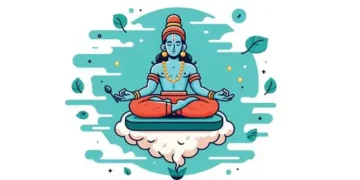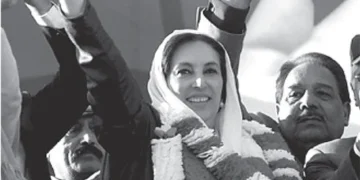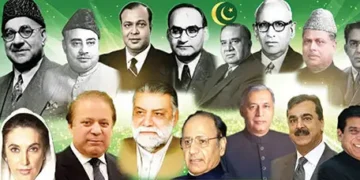MJ Akbar
MAYBE the gods of air travel knew this was going to be a subject of this column. Knowledge is the privilege of divinity. At 12:58 on September 25, I got a computer-generated message on my mobile from CP-AKASAA, very cheery: “Hi m j, your flight QP 1628 to GOX will be boarding from Gate 02. The boarding gate will close 25 mins prior to departure. We look forward to welcoming you on board and enjoy the Akasa experience”.
At 17:05 came a second message: “Hi m j, your checked-in baggage for Akasa Air flight QP 1628 will arrive on Belt No. 02. Thank you for flying with us and look forward to seeing you again.”
First. Dear Akasa Computer, Will you please stop calling me ‘m j’ even if you do so in lower case and keep an unnecessary gap between the initials? That nomenclature is for friends and it is difficult to make friends with an aeroplane. And while in the process of reform, if you can use full words of greater length without exhausting your framework strength maybe you could use ‘minutes’ instead of ‘mins’. Passengers would be grateful for clarity. Be that as it may, to turn to the crux of the matter.
Cancelled booking
I was not on that flight from Bengaluru to Goa. That booking had long been cancelled as my schedule had changed and one had to return to Delhi from Bengaluru. Let us assume that the computer did not register the cancellation, for whatever reason.
Perhaps the booking company did not follow through; perhaps. But that is not the point. How does a passenger with my name reach Goa on this flight, with baggage? Who was sitting in that seat? If there was a second person with my name that second person would have a different mobile number. What happened to the multiple checks in the process? How does a passenger get through a full flight under a false name? Isn’t that worth an enquiry, Messrs Vistara and Akasa? Or are you tempting the lords of nationalisation to dangle another threat, this time in the legitimate pursuit of safety in our age of insecurity?
Book launch event
My Bengaluru event was a book launch. Romanian Ambassador Daniela-Mariana Sezonov Tane’s Twilight Chronicles is a journey through mystic India in search of herself, made when she was younger. Others have been on this journey, but few with her writing skills.
An old yogi she met on the left bank of the Ganga in Rishikesh, living in a single-room mud hut, without any airs or graces, whose name is not mentioned because it did not matter, who lived on fruits and vegetables he grew on his patch and would perhaps have laughed if told he should get on a motorcycle and pose for the cover of national magazines, his skinny frame dressed only in ascetic saffron, the walls of his kutia adorned not only with images of Lord Shiva and Goddess Durga but also Jesus, taught her the principle of India’s deep, abiding belief in tolerance rooted in the civilisational space of ancient Hindu philosophy: “God is the same, whatever we may call him, and we have a duty to respect him regardless of the name he bears when he appears. Buddha, Mahavir, Jesus, Mohammed, Visnu and Shiva are all avatars of the same unique force, embodied precisely to save humankind and lead it towards the ultimate liberation.”
This is the India of the sacred Ganga. That is the philosophy too many of us need to recall, for that is the truth of our motherland.
Famous first words
Famous last words are always fun to read, not least because the dead are not around to refute the quotation. Did Oscar Wilde actually say, “My wallpaper and I are fighting a duel to the death. One or the other of us has to go”? Who cares: the quote is in character and the wallpaper won. More intriguing were Albert Einstein’s first words. He did not speak till he was two, when he was shown his newborn sister and told he could play with her. Einstein’s first words were: “But where are its wheels?” True or not, this too is in character

































